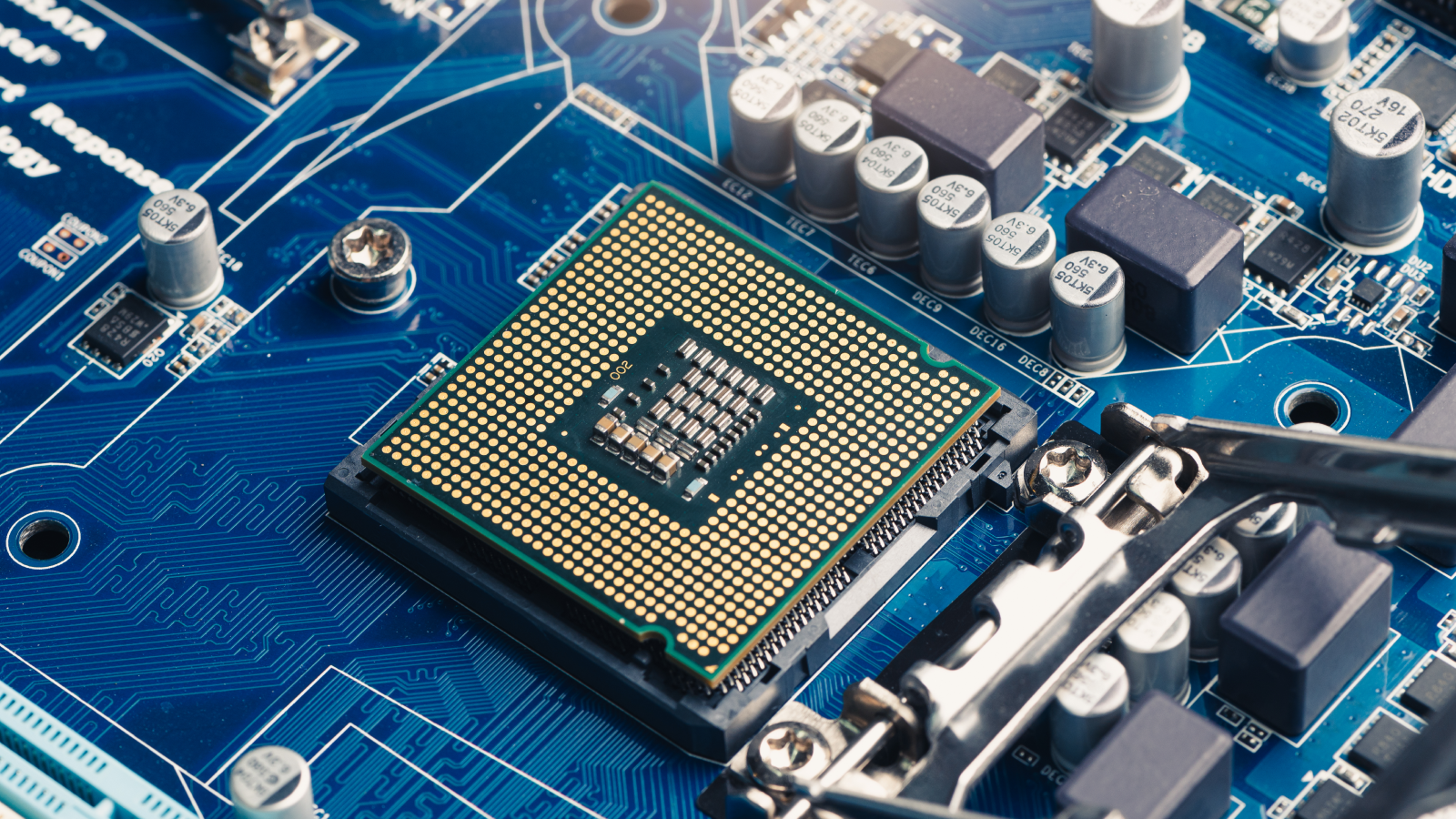“The new device is built from arrays of resistive random-access memory (RRAM) cells… The team was able to combine the speed of analog computation with the accuracy normally associated with digital processing. Crucially, the chip was manufactured using a commercial production process, meaning it could potentially be mass-produced.”
Article is based on this paper: https://www.nature.com/articles/s41928-025-01477-0



Which you often don’t need. Mechanical computers for aircraft operation, or hydraulic computers for modeling something nuclear, things like that.
But there’s nothing “century-old” about all this. They might have non-deterministic steps for some calculation where determinism is not needed (like if you need to ray-trace a sphere, you’ll do fine with a bit different dithering each time) and without it better performance is achievable.
The idea seems to make sense, just - it will never be revolutionary.